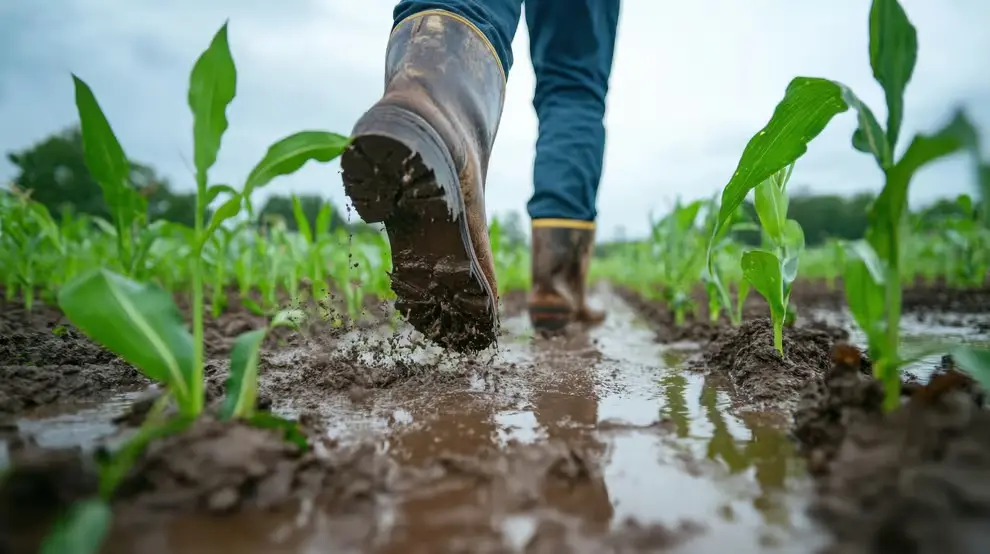
Going Green: Present and Future Danger Caused by the Climate Crisis
May 10, 2025 – “It feels like we aren’t making fast enough progress in the fight against climate change – are we doing enough?” The effects of climate change are no longer just theoretical — they are a present and growing reality for millions across the UK.
A new report from the Independent Climate Change Committee has highlighted that the UK government is not doing enough to slow the climate crisis, a sentiment that’s disturbing to many. From our homes to farmlands and coastlines, critical elements of Britain’s national life are increasingly under threat due to climate change.
One of the most immediate concerns is the country’s food security. Over half of the UK’s highest-quality agricultural land is currently at risk of flooding, and projections suggest that this will increase dramatically by 2050. As climate patterns continue to shift, the potential loss of productive farmland raises serious questions about future food prices and availability, further exacerbating the challenge for the nation.
Read Also: UK Initiative Turns CO2 into Building Materials: A Dual Impact Solution for Climate Change
Increasing Flood Risks for Properties and Infrastructure
Urban areas in particular are feeling the strain. An estimated 6.3 million properties in England are now located in flood-prone areas, vulnerable to overflowing rivers, coastal surges, and surface water flooding. This figure is expected to rise to eight million by the middle of the century, meaning one in four properties could face flood damage unless immediate action is taken.
Additionally, Britain’s infrastructure is showing signs of severe strain. More than a third of the road and railway networks are at risk of flooding, and by 2050, that number could rise to nearly half. Rising temperatures are also already disrupting services, with the extreme heat regularly causing rail tracks to buckle and power lines to sag, leading to delays in travel and power cuts.
Human Cost of Climate Change Expected to Surge
Perhaps the most alarming aspect of climate change is its growing human cost. While thousands of heat-related deaths already occur every year globally, this number could exceed 10,000 annual fatalities by 2050. The elderly, young, pregnant women, and disabled individuals are especially vulnerable to extreme temperatures. With the UK’s aging population, the risk of heat strokes and related fatalities is increasing significantly.
Baroness Brown, Chair of the Adaptation Committee, delivered a candid assessment of the situation: “We have seen in the last couple of years that the country is not prepared for the impacts of climate change. We know there is worse to come, and we are not ready – indeed, in many areas we are not even planning to be ready.”
The committee’s biennial progress report shows a “fail” for both the public and private sectors in every single initiative, with not a single outcome in adaptation delivery rated as “good.” Most of the areas remain unchanged since the 2023 review, underscoring that the government and private businesses are failing to act quickly enough to meet the scale of the climate challenge.
Calls for Immediate Action and Improved Adaptation
To address the growing climate risks, the report calls for the UK Government to take several critical actions:
- Set clear targets that define the roles of institutions, businesses, and individuals in combating climate change.
- Improve coordination and integrate climate adaptation across all government policies, ensuring a unified approach.
- Embed extreme weather preparedness into planning processes, so the country is not forced to retroactively address problems later.
- Monitor progress with a tracking system to ensure that adaptation strategies are effective and achieving the desired outcomes.
The message is clear — the UK is not adapting fast enough to keep pace with the rate of climate change. Without decisive action to reduce pollution, increase resilience, and implement comprehensive adaptation strategies, the costs to lives, livelihoods, and the economy will continue to rise rapidly.





